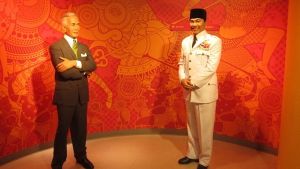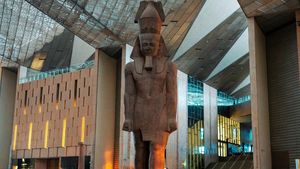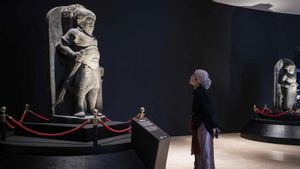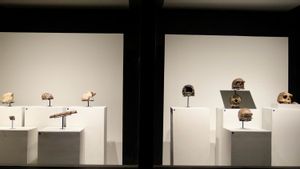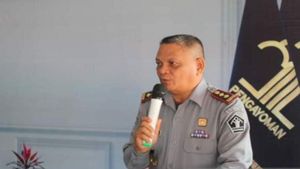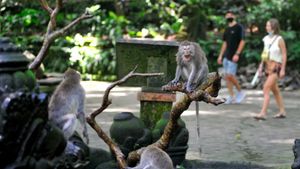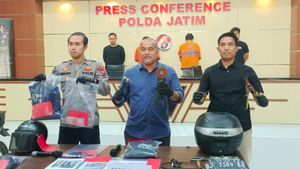JAKARTA - The Ministry of Tourism and Creative Economy (Kemenparekraf) revealed that the tourism sector plays an important role in teaching humans to protect the environment and preserve existing culture.
"We must educate the public about the importance of protecting nature and respecting culture. Tourism should not be seen as a threat to the environment, on the contrary, this sector can contribute greatly to the welfare of society and nature sustainability," said Deputy for Marketing of the Ministry of Tourism and Creative Economy, Ni Made Ayu Marthini, at the Asapan Indonesia Co-Branding event, as quoted by Antara.
Made explained that the tourism ecosystem is a unit that is interconnected, involving not only tourism industry players, but also environmental aspects, accommodation, transportation, and telecommunications.
For example, marine tourism destinations that are managed for activities such as snorkeling or diving can have a positive impact, both for increasing the income of tourism actors and the welfare of local residents. In addition, good management also encourages local communities to maintain sea cleanliness and prevent damage caused by waste.
In addition, Made also gave an example related to efforts to preserve the Javan Rhino in Ujung Kulon National Park. The presence of this rare species is a motivation for the local community to care for and protect it from the threat of poaching.
Another example he gave was the sale of salak, a typical fruit that is of great interest to tourists. This high demand for fruit encourages tourism accommodation in the surrounding area to provide it in various events, increase the income of salak farmers in Bali, Pondoh, and its surroundings.
SEE ALSO:
"Indonesia has so much natural wealth that is extraordinary. If it is damaged, it will not only be state revenues that will be threatened, but also jobs that will be disrupted," he said.
All levels of Indonesian society have a responsibility to protect the environment so that it remains sustainable. Especially now, tourists, especially Generation Z, are increasingly concerned with environmental issues. This awareness can be used to strengthen natural and cultural conservation campaigns.
The Ministry of Tourism and Creative Economy, through the Goodminton Indonesia program, is currently running the Kep The Wonder' campaign to invite the public to protect Indonesia's natural, cultural and traditional wealth.
"Let us all take care of this tourism sector. Keep it clean, beautiful, and sustainable. If we look at garbage on the road or in tourist destinations, let's take it and throw it away properly. If everyone is aware, these places will remain clean," concluded Made.
The English, Chinese, Japanese, Arabic, and French versions are automatically generated by the AI. So there may still be inaccuracies in translating, please always see Indonesian as our main language. (system supported by DigitalSiber.id)



